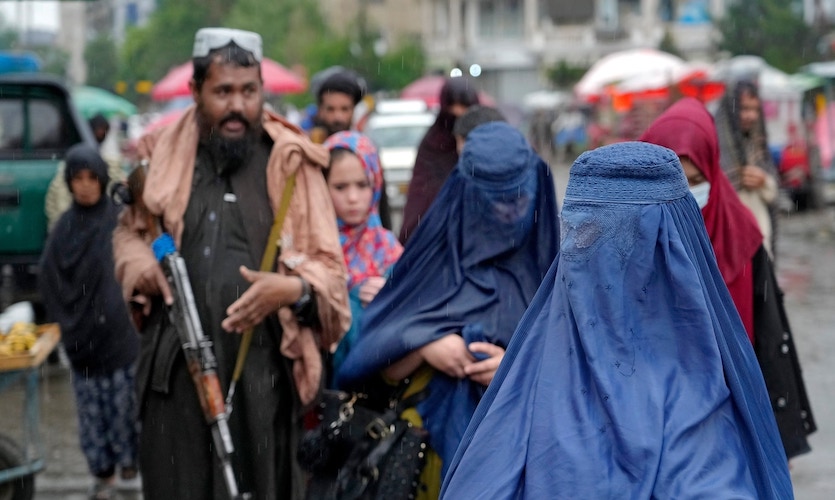The Taliban regime in Afghanistan, has reportedly, stopped issuing driving licenses to women in Kabul and other parts of the country. This decision has been made while the country continues to grapple with a humanitarian crisis, acute food shortages, and a lack of other essential supplies. According to local media reports, prior to the Taliban’s takeover, women in major cities, including Kabul, could be seen driving regularly.
Several reports suggest that the status of human rights in Afghanistan, especially that of women’s rights, has worsened since the fall of the NATO-backed government and the Taliban’s return to power in August 2021. Earlier this year, in March, the Taliban regime banned girls above the sixth grade from attending school, which drew worldwide condemnation. Government officials later cited reasons such as the “shortage of teachers” behind the diktat, and assured that they will address it and restore the right to education of girls “shortly”. The schools remain closed for female students above grade six, till date.
Read more: Afghan Girls Left In Tears As Taliban Shuts Schools Hours After Lifting Ban
Last month, Taliban officials sent a letter to airlines operating in and out of Afghanistan, stating that women will only be allowed to board a plane if they are accompanied by a man. This applies to both domestic and international flights. Reportedly, this order has been largely ignored. Additionally, women have also been barred from working in government offices, banks, media, and other professional sectors. A senior Taliban commander, Waheedullah Hashimi, indicated that the regime will fully implement the Sharia law, based on which women cannot work alongside men.
The Taliban also reintroduced a dress code that requires women to wear burqas that completely cover their bodies. In December last year, the militant group ruled that women must not be offered transport unless accompanied by a close male relative, and that vehicle owners should only offer rides to women wearing hijabs. On May 3, Rina Amiri, the US envoy for Afghan women, girls and human rights, said, “Taliban policies denying girls and women education and jobs aren’t seen in any other Muslim-majority country.” She urged the “Muslim world” to champion the rights of Afghan women and girls.
Currently, Afghanistan also has the highest number of people affected by food insecurity, with nearly 95 percent of the population having insufficient food for consumption. Additionally, more than 20 million people are dependent on supplies of food, water and medicine that are sent by international organisations. However, according to the UN High Commissioner for Refugees, Filippo Grandi, the current supply of essentials is not sufficient for the Afghan civilisation’s survival.










